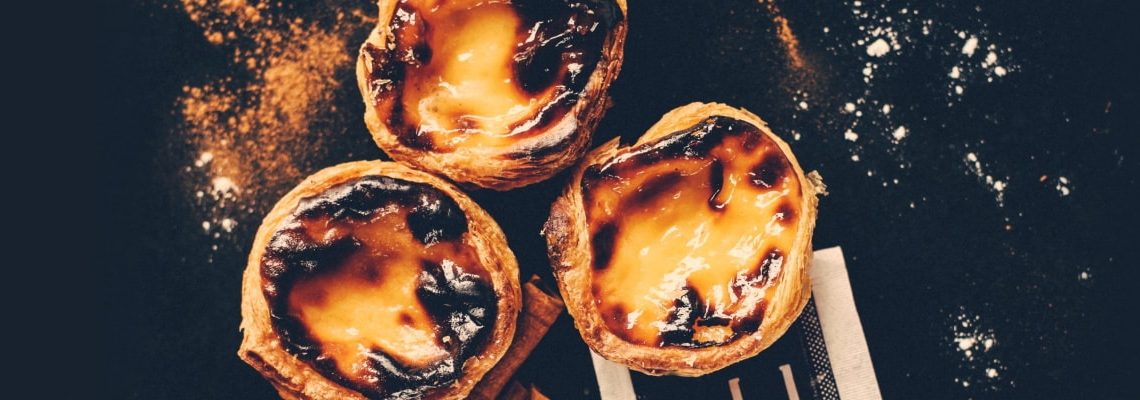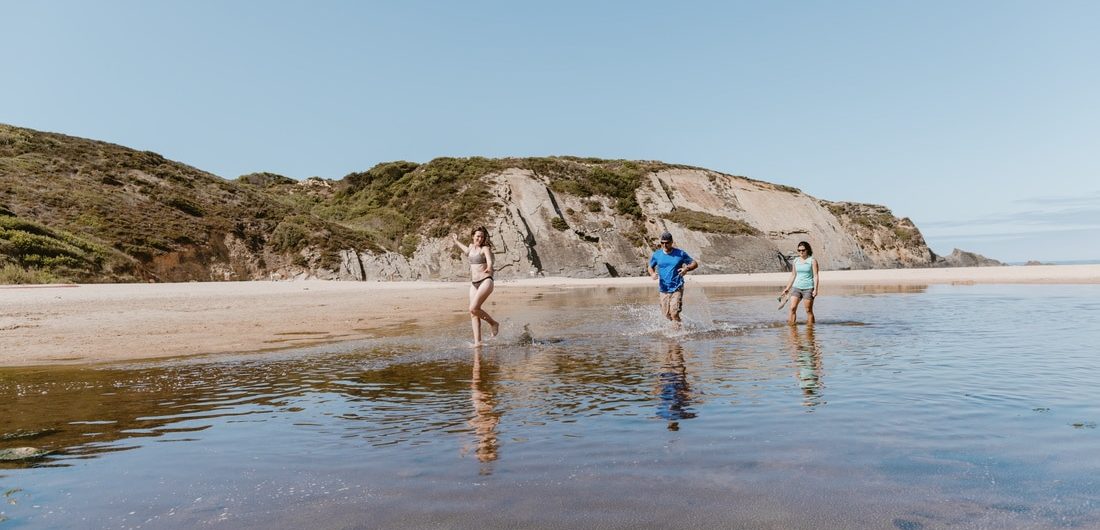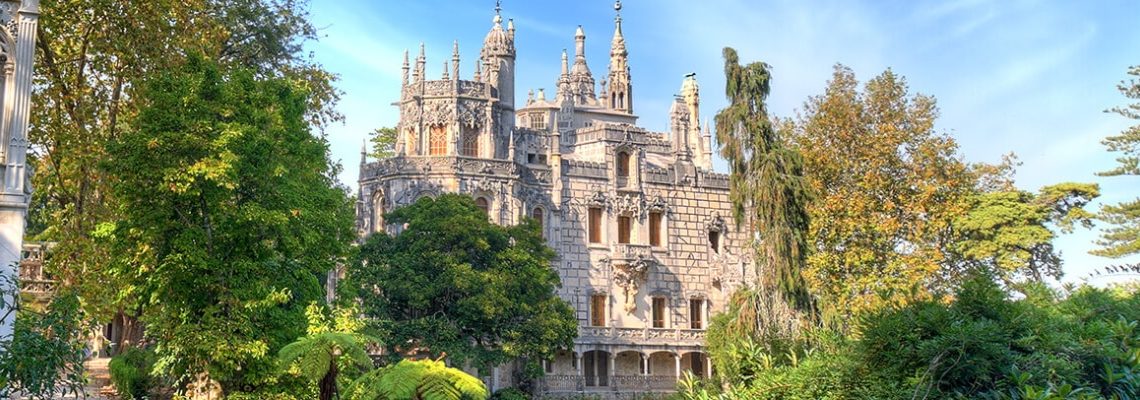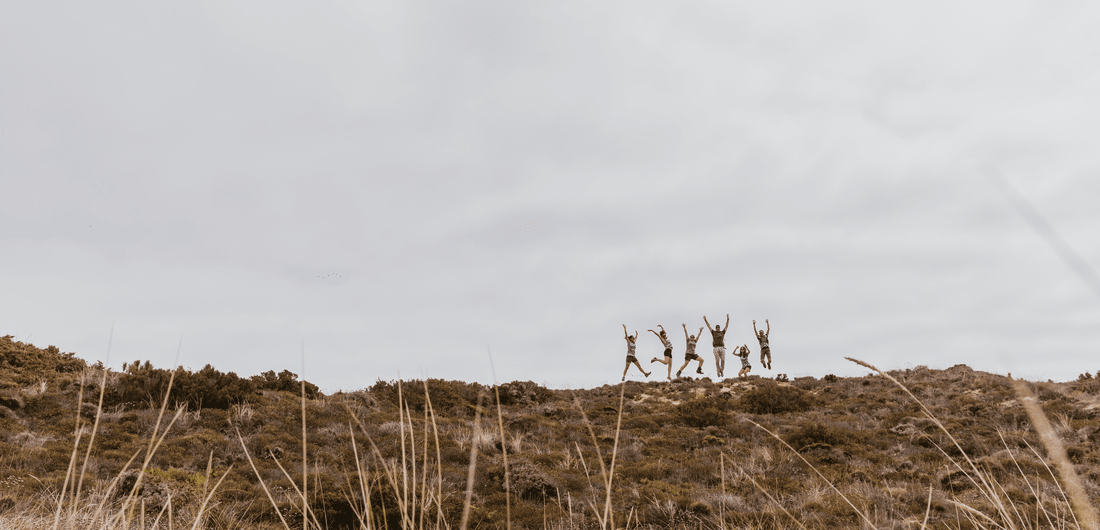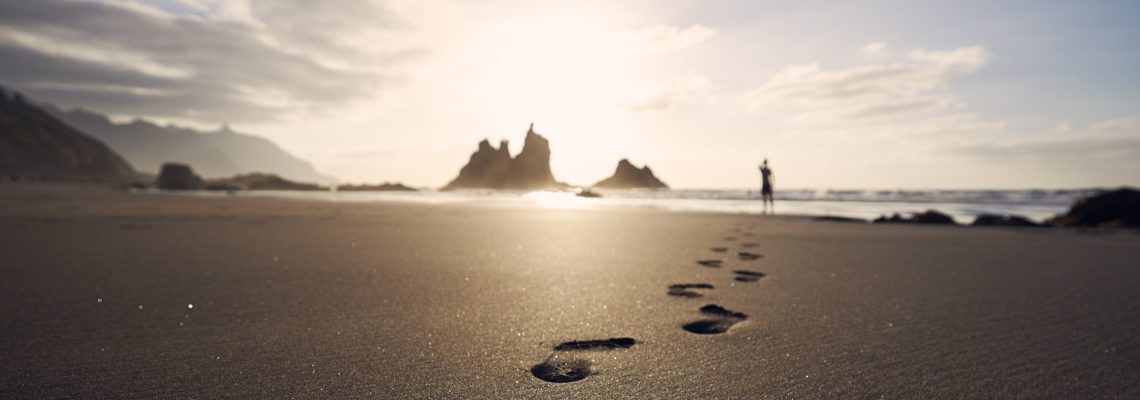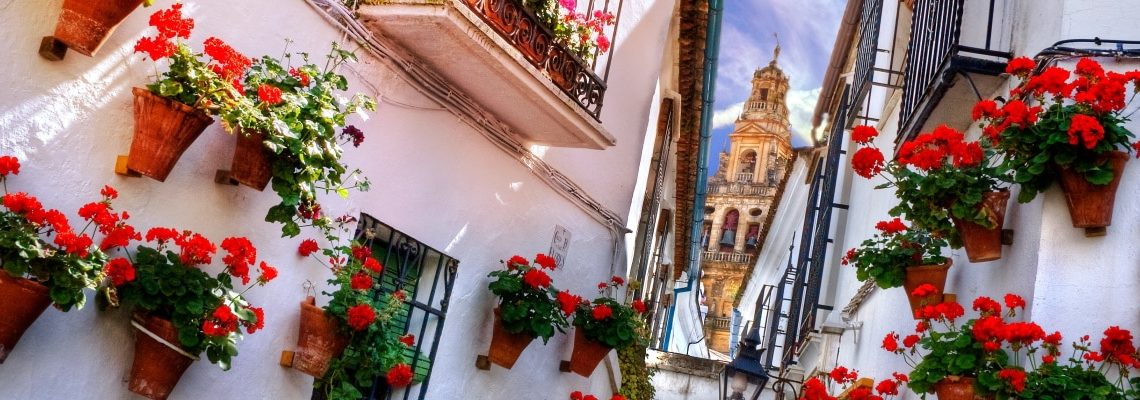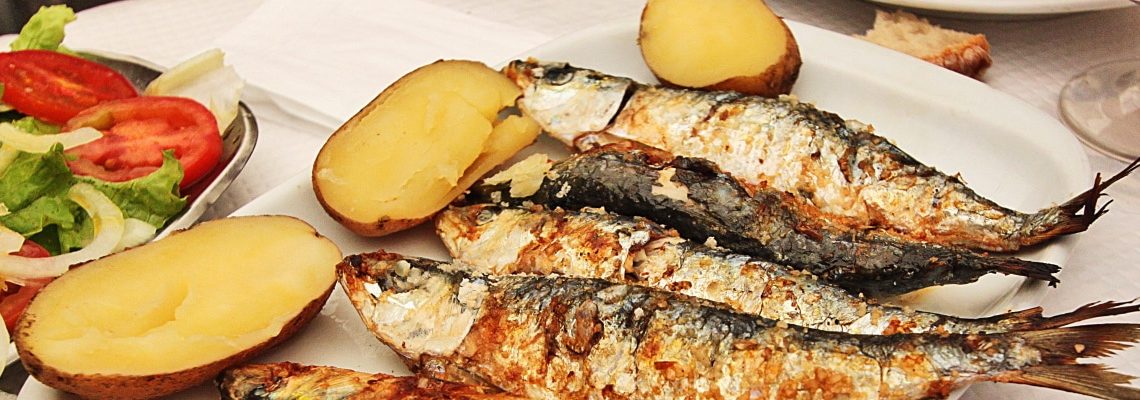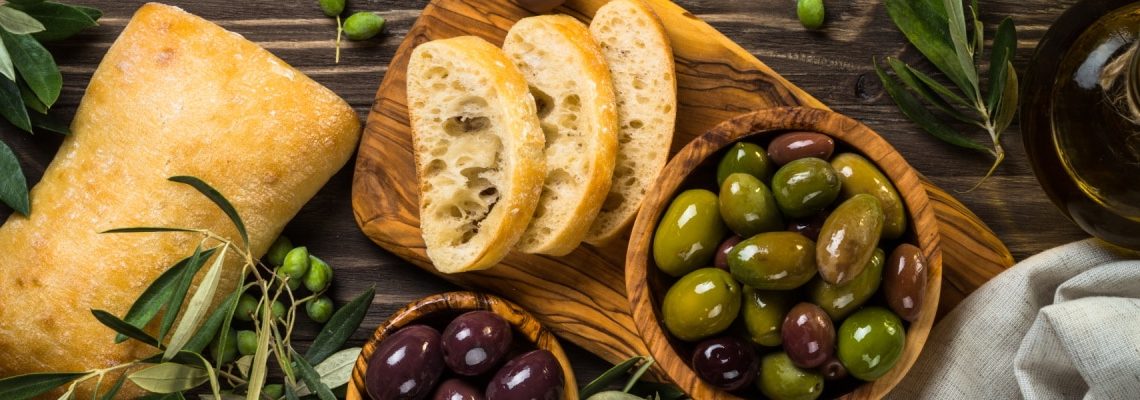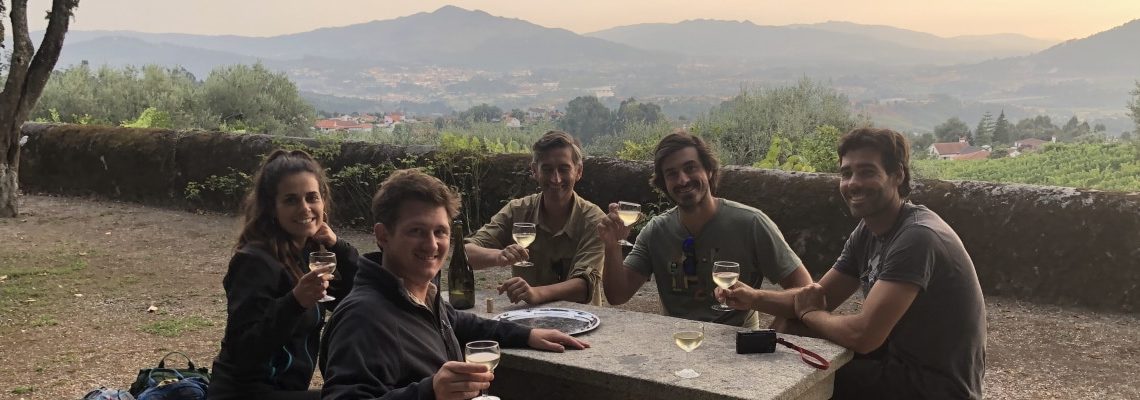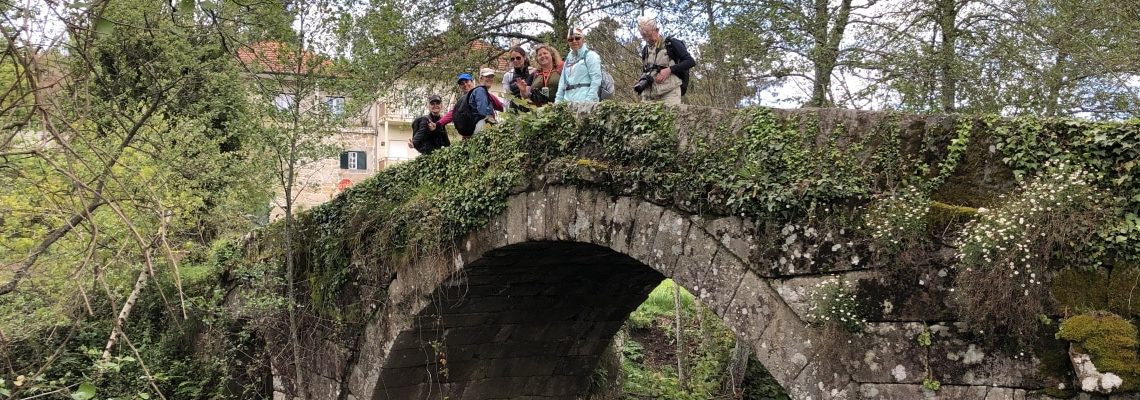One of the nicest side-effects of an active holiday spent walking, hiking or cycling is a whopping calorie deficit at the end of the day. Also, when you’ve been climbing hills and trekking trails in the great outdoors all day, presumably you’ve worked up a healthy appetite. And let’s face it, if you’re doing all
Portugal is a popular destination for Northern Europeans for the same reason Florida is popular with North Americans: Plenty of sun, sand and sea make this part of Europe ideal for beach vacations, and mild winters and short flight times from almost all major capitals provide a quick escape from ice and snow (especially popular
“Romantic” and “magical” are words often used to describe Portugal as a whole, but they particularly apply to Sintra, a small town about 30 minutes from Lisbon. For centuries, this area offered the Portuguese royal court a cool and peaceful summer escape from the heat and bustle of Lisbon—hence the grand palaces and noble manor
When REI Adventures, one of the top outdoor adventure companies in the world suddenly and unexpectedly shut down its international trips division a few months ago, it left a lot of adventurous travelers at loose ends. It also left in the lurch local tour operators—like Terracotta Journeys in Portugal and Spain—that had supplied that big
Treading Lightly There is no doubt that travelling and exploring new places is good—good for self-development, good for international understanding, good for local economies. But as mass tourism exploded in a pre-COVID19-shutdown world, it became obvious that tourism as an industry has some downsides, too. Overcrowded tourist sites, wrecked environments and angry, inconvenienced local residents
Spain is a prize package of a country. Large by European standards, it is blessed with an incredible geographic range, from sunny beaches and rugged coastlines to snow-capped mountains to rolling plains and everything in between, making it ideal for walking and hiking tours. Its long and glorious history means that everywhere you turn there
The sardine, as a symbol of Portugal, has become so ubiquitous that it’s hard to miss, even before you step foot in a restaurant. You’ll see its outline in every souvenir shop – painted metal cutouts, magnets, T-shirts, mugs – and the Sardinha by Bordallo Pinheiro collection from the famous Portuguese ceramics company has taken
Let’s Talk About Food Eating in Portugal is a revelation, for two main reasons: First, the quality of the ingredients and second, the way meals are approached – the role that food plays in the culture. Ingredients come first because this is a place where food remembers where it comes from. Food is usually quite
Uncorking Portugal The first thing you need to know about wine in Portugal, is that the Portuguese keep the best stuff for themselves. That’s not just because they love good wine (although that, too), but because wine here often comes from small vineyards. Production is limited – often just enough for the domestic market, which
The Camino de Santiago or Way to Santiago, is known for its yellow arrows and distinct scallop shell symbols leading to Santiago de Compostela – and to the tomb of the Apostle Santiago (Saint James). Whichever Camino or “Way” one takes: the Portuguese, Coastal, French or Basque, whether hiking, biking or riding on horseback, the


